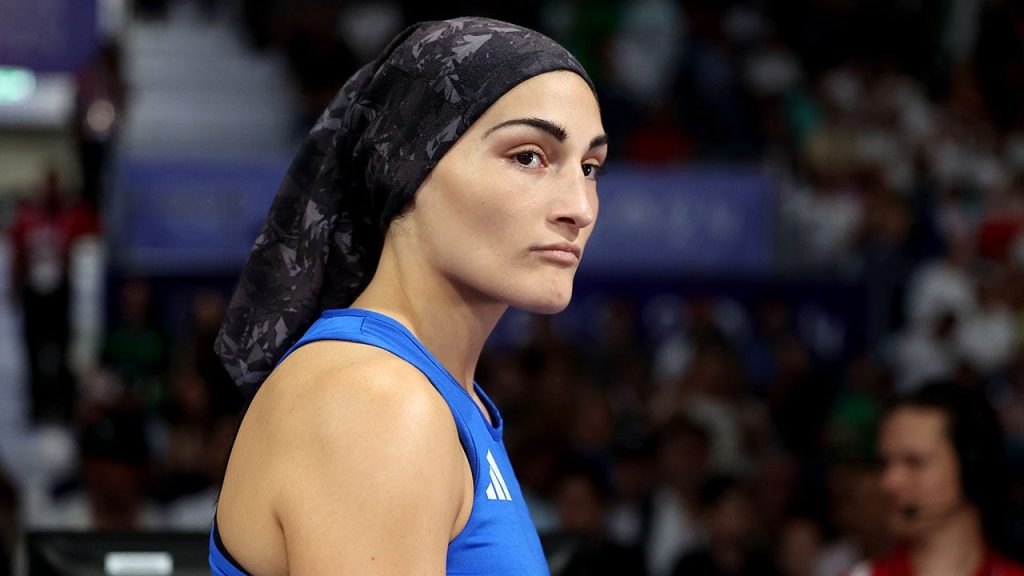Italian boxer Angela Carini recently spoke out about her controversial match against Algerian boxer Imane Khelif at the Paris Olympics. Carini had abandoned the match against Khelif after being punched in the face twice, expressing concerns about the fairness of the fight to her coaches. Carini was visibly upset and tearful after the match, but later expressed remorse and apologized to Khelif in an interview. She admitted that giving Khelif the cold shoulder after the match was a mistake and that she was angry because her Olympic dreams had been shattered. Khelif went on to compete in the next round against Hungarian boxer Luca Hamori.
Imane Khelif has been at the center of a gender controversy after the International Boxing Association found that she failed gender eligibility tests and had XY chromosomes. The International Olympic Committee, however, defended Khelif’s eligibility and criticized the IBA for their abrupt decision to disqualify her without due process. The IOC stated that the decision was made by the IBA Secretary General and CEO, with the Board only ratifying it afterward. The IOC called for the establishment of clear procedures on gender testing to prevent such arbitrary decisions in the future. They emphasized that the athletes, including Khelif and Taiwan’s Lin Yu-Ting, had been competing at a high level for many years without issue.
The IOC’s defense of Khelif’s eligibility has sparked a backlash, with many questioning the fairness of allowing an athlete with XY chromosomes to compete in women’s boxing. Riley Gaines, a prominent figure in women’s sports, praised Carini for forfeiting the match against Khelif and called her a hero for standing up against what she perceived as unfair competition. The controversy surrounding Khelif and Lin Yu-Ting has raised questions about the IOC’s policies on gender eligibility testing and the need for clear procedures to prevent arbitrary decisions in the future. The IOC has been urged to review their regulations and ensure a fair playing field for all athletes, regardless of their gender identity.
The fallout from Carini’s match against Khelif has drawn attention to the need for transparency and fairness in gender eligibility testing in sports. The controversy has also highlighted the pressure and emotional toll that athletes face in high-stakes competitions like the Olympics. Carini’s emotional reaction after the match and her subsequent apology to Khelif have underscored the human side of competitive sports and the complexities of navigating issues of fairness and integrity. The IOC’s response to the gender controversy, while defending Khelif’s eligibility, has also raised concerns about the need for consistent and transparent policies in determining athletes’ eligibility based on gender.
As Khelif prepares for her next match against Luca Hamori, the focus remains on the broader implications of the gender controversy and the impact it has had on the athletes and the sports community. The IOC’s defense of Khelif’s eligibility, despite the gender controversy surrounding her, has ignited a debate about the criteria for determining gender eligibility in sports and the importance of ensuring a level playing field for all athletes. The fallout from the controversy has underscored the need for clear and consistent procedures in gender eligibility testing and the importance of upholding the integrity and fairness of competitive sports. Carini’s apology to Khelif and the ongoing discussions around the gender controversy serve as a reminder of the complex issues at play in the world of sports and the ongoing efforts to ensure fairness and equity for all athletes, regardless of their gender identity.


